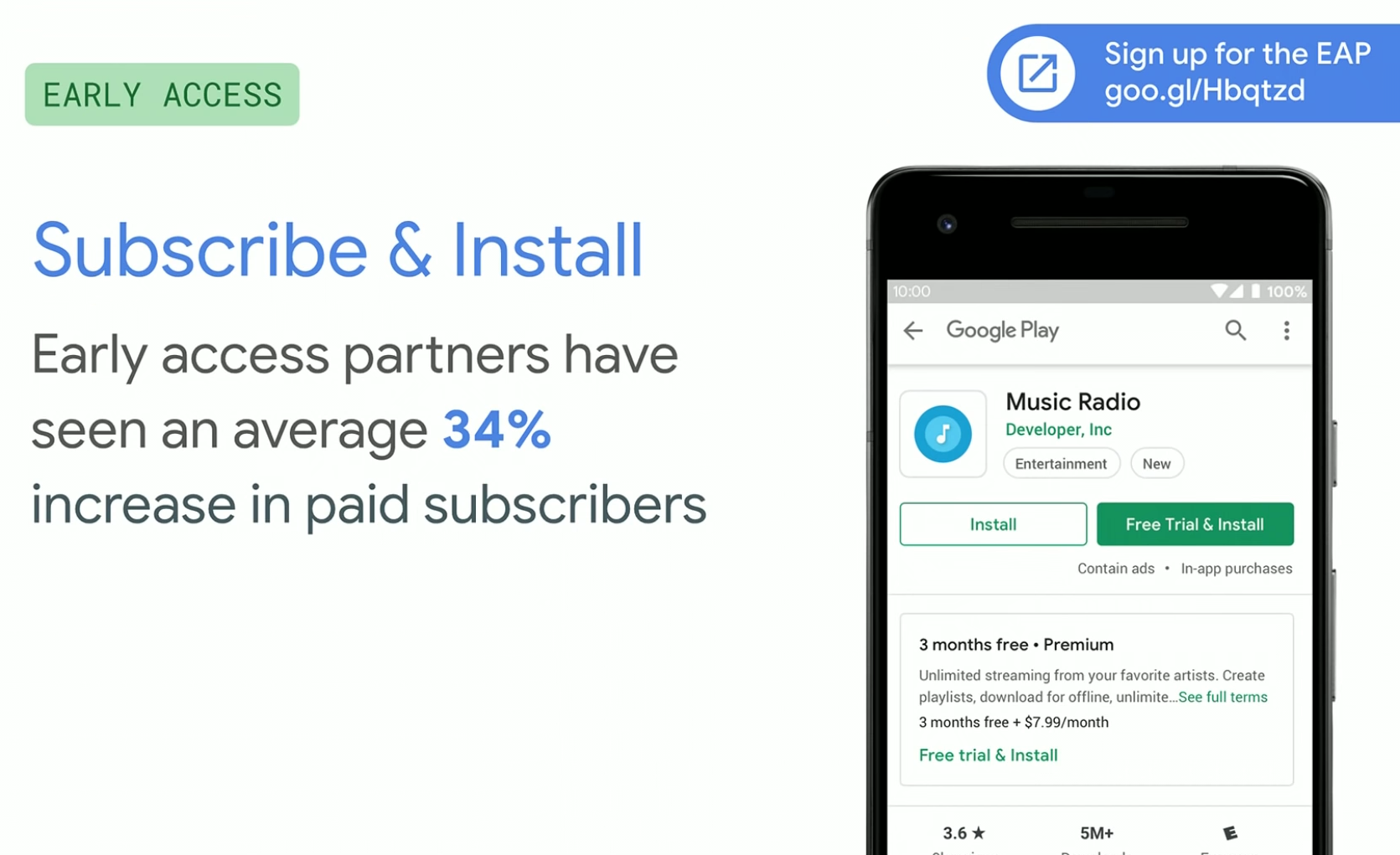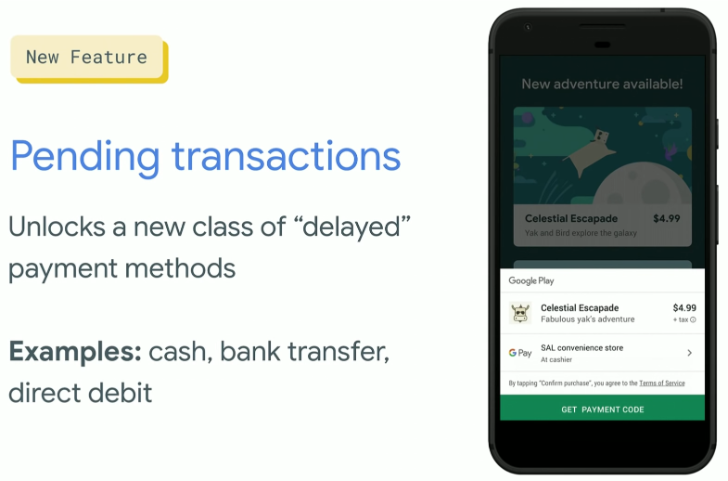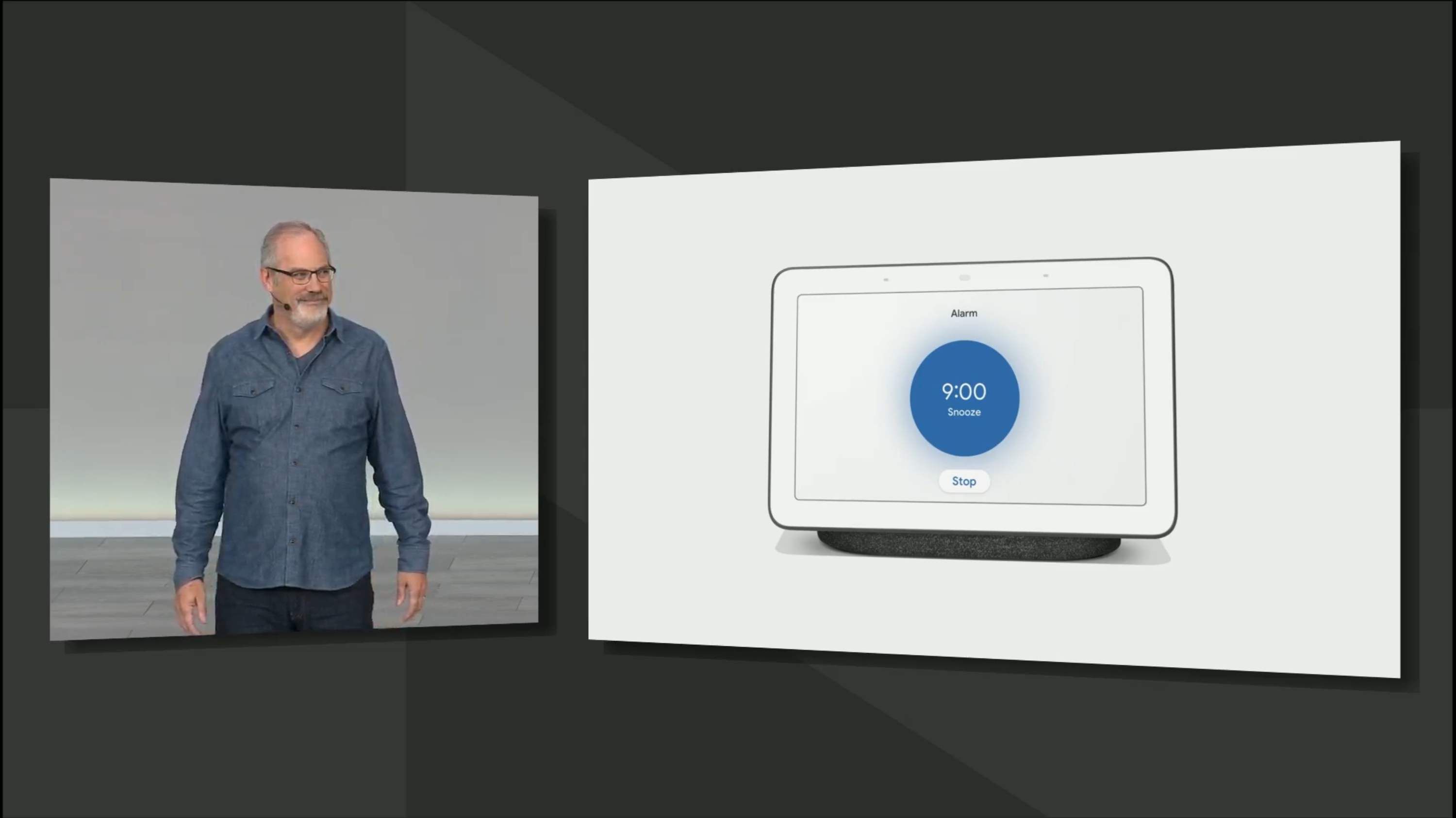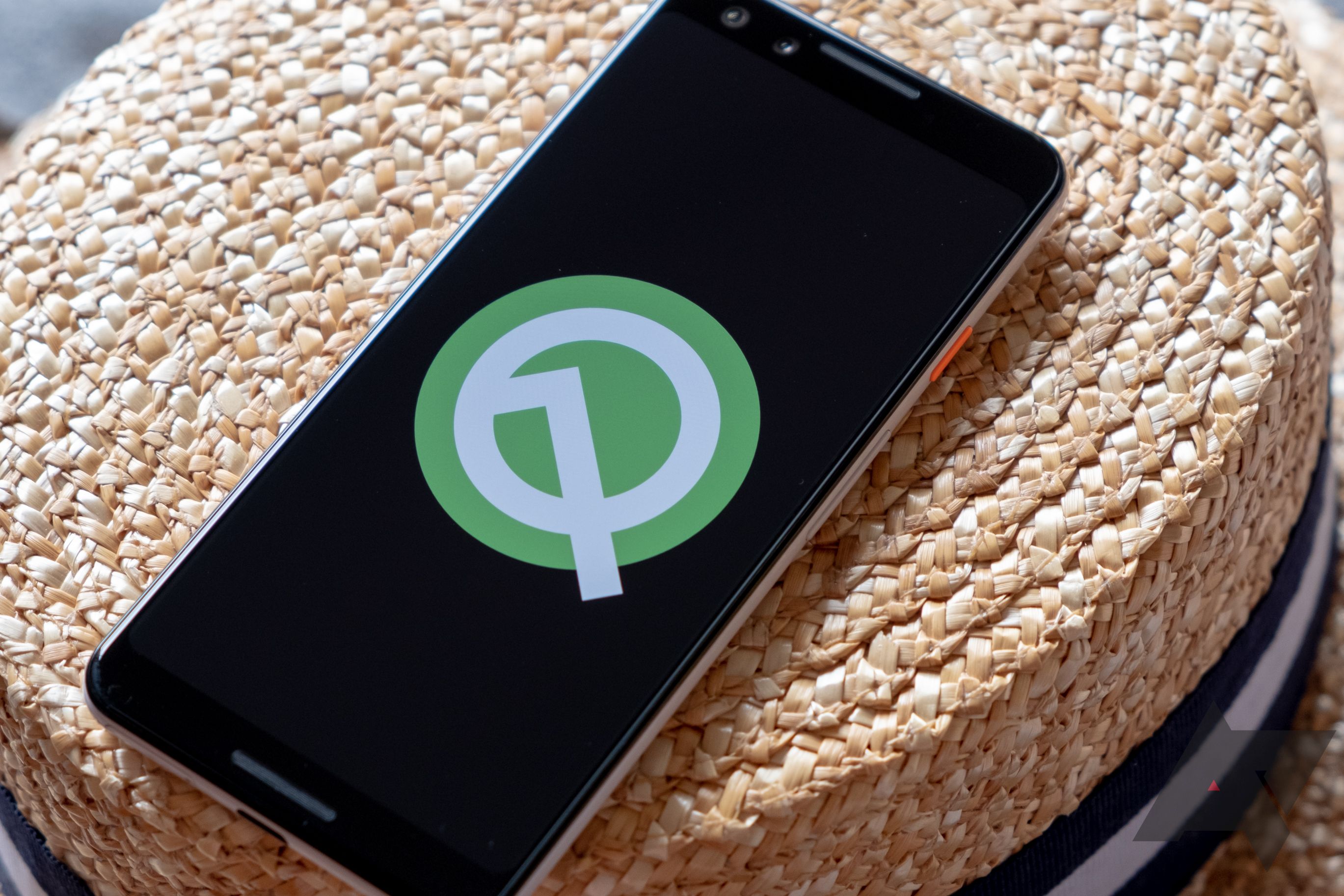latest

Read update
For years we've dreamed of the smart home, but when we anticipated it, we didn't really picture a dozen hubs littered all over our house that do nothing but control only one type of device. Sadly, that's the truth we've come to. But Google seems to be taking the first steps to remedy this situation, starting with opening local control of smart devices to all developers and smart home manufacturers.

Smartphones already store tons of privileged information from credit cards and boarding passes, but they may soon replace our driver's licenses, our passports, and maybe even our keyfobs, too. We got a hint of this with the reveal of a new support library back in March, now, Google has laid out a roadmap for Android devices to store identity credentials in a future version of the OS. That roadmap, however, is highly dependent on how the International Organization for Standardization (ISO) will implement its standards on electronic IDs.

We've all had to switch from one app to another to complete a particular task, whether it's opening Google Maps to look up an address you've been texted, scheduling an appointment in your calendar after receiving an email, or even looking up an artist a friend has just told you about. These are simple tasks that AI can identify easily, just like Android already does when long pressing a number or an address. We recently got tipped about the fact that Q would suggest Quick Actions directly in your notifications based on a message's content, and Google has officially confirmed Android Q will automatically recognize context to recommend the next action you're likely to perform after receiving a message, saving you the trouble of switching apps.

Google's streamlined Bluetooth pairing protocol for Android devices, Fast Pair, is about to support way more devices — not just Chromebooks, as previously promised, but more headphones, earbuds, speakers, and even smartwatches — and get a lot more useful for people who have lost a wireless earbud around the house. The company is also preparing a UI revamp for Bluetooth settings in Android Q.

I/O's main keynote was a blur of announcement after announcement, so you'll forgive us if we didn't notice this two-second slide where Google's Scott Huffman showed off Assistant's worldwide expansion and explained that it was "now [...] available on over 1 billion devices, in over 30 languages, across 80 countries." We love milestones like this, but many of the countries he pointed out appear to be in beta.

Among the many Assistant announcements at Google I/O 2019, perhaps some of the most heart-warming came from the new accessibility features. One of those, built for the many who are deaf or are otherwise hard of hearing, is called Live Caption, a captioning service that displays a transcript of what's said in a video, a video call, or even an Instagram story in real-time.

Google's latest attempt at gesture navigation in the third Android Q beta has caused quite a stir. Some commend the decision to finally rip off the superior iOS-style home gesture, while others aren't happy with the new swipe-from-the-side back button. No matter what you think of it, it's here to stay, but the trusty old three-button navigation will be included as an option on all phones going forward.

The Pixel 3a, Google’s new entry-level smartphone starts at an attractive $399, and comes in only two configurations: regular and extra large. The 3a XL is the phone I’ve been using for over a week now, and it costs a bit more, at $479. But that seems eminently reasonable for the larger 6” screen and 3700mAh battery the extra $80 net you. Otherwise, there really aren’t any noteworthy differences: both phones have 64GB of storage, 4GB of RAM (yes, yes, I know), Snapdragon 670 processors, and identical cameras. And no doubt, many people’s first question with a cheaper version of any phone will be “what am I giving up?” To be sure, that’s important - and you can find the answers over here. But from the standpoint of this review - a review of half-price Pixel phones - I think the far more important question is “what am I keeping?”

Google I/O is nearly at an end, and Google made a ton of announcements regarding Android, search, the Assistant, and - this year - even new hardware. Our coverage has been fast and furious, so this post is meant to help you wrap your head around everything we've dug into here at the show. From Pixel 3a to Android Q Beta 3 and beyond, it's all here. Day three of the show sees things wind down, but we've still got new items in the list here, and more will be added as our coverage concludes on Friday.

Google's tug of war with hackers is never ending and we're stuck right in the middle of it. Given that Android is such a big target with billions of active devices out in the world, the company has to keep on the offensive. And with the latest security improvements in Android Q, more people than ever before will be able to stay safe.

Although most of the excitement of Google I/O has passed since the first day, the developer conference is still ongoing and smaller announcements are trickling one by one. Many of these are geared toward developers, but will impact end-users at some point, as is the case with these new tools for devs who offer subscriptions on the Play Store.

A few days ago, we reported that the Play Store is beginning to offer a new payment option for users. Starting in Mexico, users can top up their balance at a convenience store, so they don't need to have a credit card, carrier billing, or any other payment method linked to their account. At I/O, Google officially introduced the feature and explained how it works.

Google is sharing some pretty cool stuff at I/O this year, but this one new feature is certainly among the biggest: starting today, users in English-speaking locales will be able to stop ringing alarms and timers on Google Home and Smart Display devices simply by saying "stop," no hotword required.

There are so many announcements at Google I/O, keeping track of them all is a bit daunting. While many of the sessions are intended for developers, there are still a lot of details that might directly impact users, or at least the indirect impacts can be fairly obvious. That's where a lot of topics from the What's New in Google Play session land. Some of the news was about brand new announcements while other things were recaps of recent launches or minor updates to current projects. Regardless, everybody will be seeing a lot of changes over the next several months, be it more varied listings for apps, (hopefully) fewer bizarre disappearances of apps, and lighter weight downloads and installs.

Artificial intelligence as we know it is hilariously, gravely flawed. Because machines require human input to infer and learn from and because the resources — be it the actual people, the training assets, or otherwise — being put towards AI at our largest technological institutions tend to be characteristically male and white, those algorithms tend to carry certain intrinsic biases. At I/O 2019, AI monolith Google showcased a few ways it's trying to correct those slants.

One of the Google's main focuses in Android recently has been cutting back on permissions, for better or worse. The Play Store has been more restrictive on applications allowed to use SMS and calling permissions, which famously crippled apps like Cerberus and Watch Droid. Google announced today at I/O that the number of apps using these permissions has dropped by 98% in recent months.

You might remember when Google announced it was cracking down on overlay permissions in Android Q, which have been responsible for plenty of security-related headaches for both users and Google's developers. It turns out, that may just have been the start, as Google revealed yesterday that it is planning on fully deprecating that permission in a future Android release, replacing it entirely with Q's new bubbles-style notifications.

One of the overarching themes Google is pushing at I/O this year is the miniaturization of voice modeling data — small enough to put into your phone, but robust enough to match what you're saying and deliver new features such as Live Caption with speed and accuracy. But for this feature to work across social media apps, web browsers, and games, it needs to be able to listen to what those apps are putting out. That's now possible with a new audio playback capture API in the latest beta for Android Q.

The Google I/O 2019 keynote was, as usual, chock full of cool announcements, and among them was mention of a lofty new goal: Project Mainline. The idea picks up where Treble left off, furthering Android's modularization and making it easier for updates to change core OS components — mitigating the effect of the big, bad Fragmentation monster.

One way or another, technology has adopted ways for everyone to connect to the digital society, including the disabled and differently-abled. With the advent of smart speakers and other smart home appliances, the age of having machines perform actions on voice command is here, but non-verbal people have not been able to reap its benefits. Google wants to extend that utility to as many as possible through new initiative called Project DIVA, or "DIVersely Assisted."









